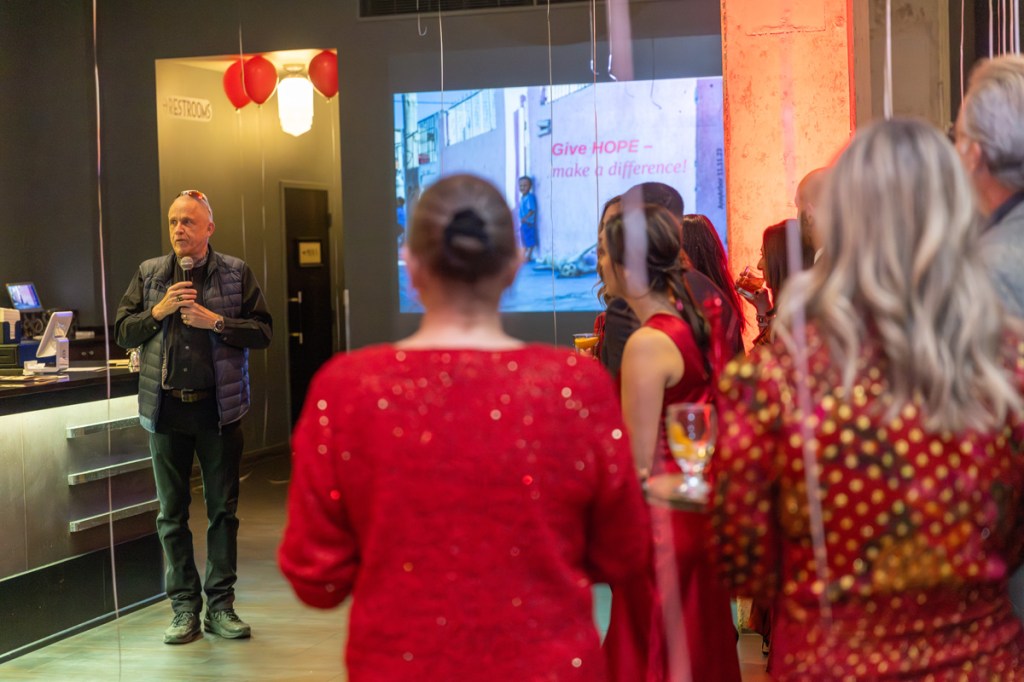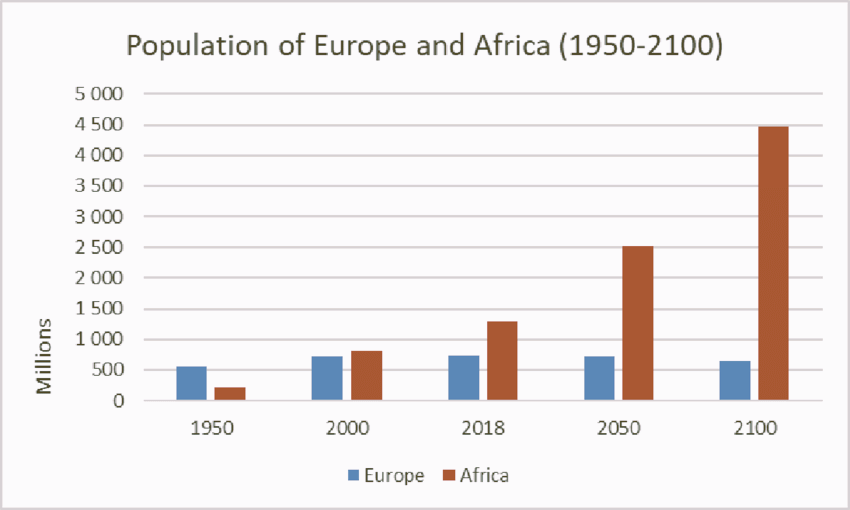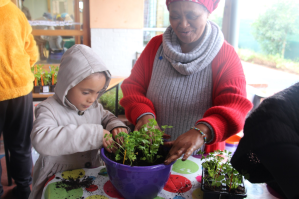Travelling in Europe and the USA trying to tell the story of hope to the respective attentive audiences and to introduce our work, I am very often confronted with the word “Charity work”.
People, especially in the religious or humanitarian context, see HOPE Cape Town and its work in the context of “charity”. We collect money to help poor people – to say it in simple word. And obviously as a religious or humanitarian person, you give a contribution via the organisation to assist those in need.
“Those in need” – indeed this is charity when you help those who are in dire need, who are in a direct and life-threatening emergency. Charity means to feel with those who are in situations turning their lives upside down. And yes, HOPE Cape Town has in some segments of work also this charity aspect: giving out meals, handing out cloth is charity work.
But HOPE Cape Town does not define itself with “charity”alone – we pride ourselves of being a development agency. That sounds big and almost governmental – most people think of the respective government departments spending money on big projects via the foreign government entities; often in the knowledge that it is triggered rather by political interests than real needs. And obviously being aware that often not all money is reaching the goalposts set for the specific project.
Development, as we understand it, means indeed walking with the people we encounter. It means to sit and listen first to what the needs are instead of what we think is needed. It means to discuss matters, include all considerations and to make at the end joined decisions. Furthermore, it means to take people seriously, to discover the wisdom of people with different thinking – and sometimes it also means to run against a wall and to knock your head before being successful.
This development work is in our understanding the only way to sustain changes, to allow growing in personal lives, but also communities and to strive for a better world.
And “the better world” means that development does not end there. To really change the world on all levels there must be a clear understanding, that the impact is not alone – in our case – in South Africa – but that there is a two-way road back to Europe and the so-called developed countries.
The world is currently changing massively and only if we allow for encounter, for touching each other’s life and mindset, we develop an understanding for each other which is an added fertilizer for tomorrow’s better world. And those encounters have to be on eye-level. Some people say, the West has the money, the South the humanity and wisdom – whatever it is: only if we want to develop jointly we have a chance to create a world where the next generations will be delighted to live in. We owe it to them.
So development as we see it at HOPE Cape Town, it is like a bridge bringing worlds together to walk together and to reflect together to make sense of the colourful diversity and to show that nobody is an island any more. We need each other to overcome all the challenges be it social, economic or environmental.
Filed under: Africa, General, HOPE Cape Town Association & Trust, HOPE Cape Town Trust, Networking, Politics and Society, Reflection, Society and living environment, The Nex - Indawo Yethu, Uncategorized, cape town, charity, charity work, development, europe, exchange of ideas, featured, joint efforts, life, news, south africa, western cape, world








